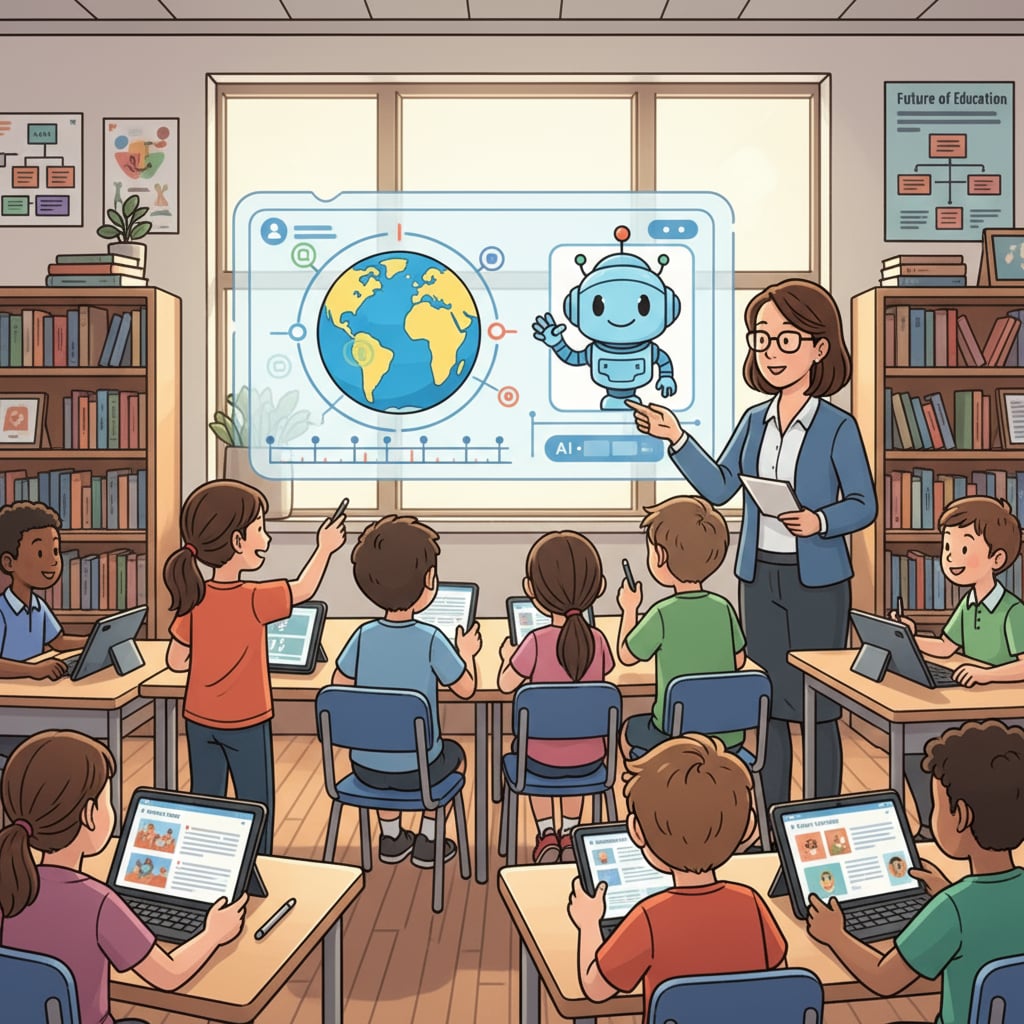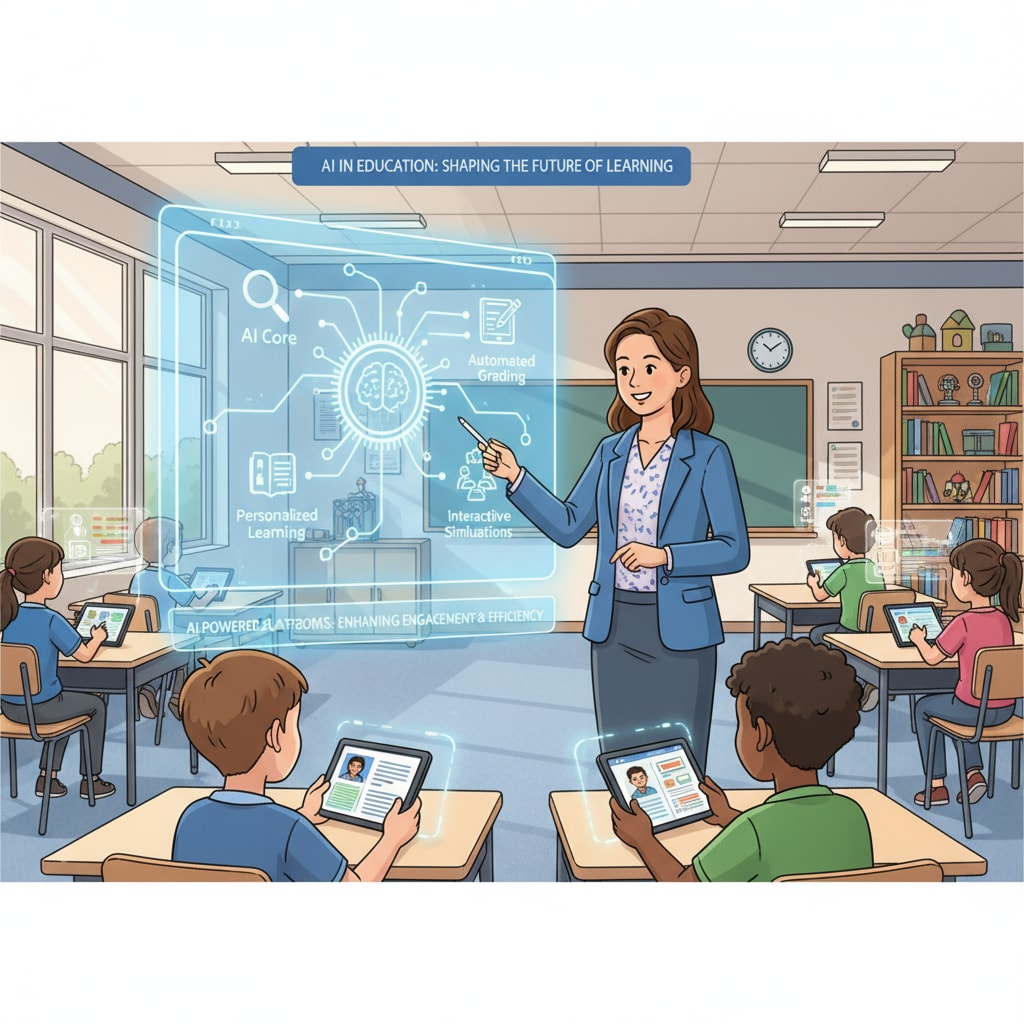Artificial intelligence, higher education, and job automation are revolutionizing the K12 education system. The rapid advancement of AI technology is no longer a distant concept but a tangible force that is reshaping the way students learn and are prepared for the future.

The Transformation of Traditional Teaching Models
AI is introducing new dimensions to traditional teaching. For example, intelligent tutoring systems can provide personalized learning experiences. These systems adapt to each student’s learning pace, strengths, and weaknesses. According to Wikipedia’s page on Artificial Intelligence in Education, students can receive customized instruction, which was previously difficult to achieve on a large scale. This means that teachers can now focus more on guiding students’ critical thinking and creativity rather than repetitive instruction. However, this also poses a challenge as educators need to be trained to integrate these new technologies into their teaching.

Challenges to the Educational Evaluation System
The rise of AI also challenges the existing educational evaluation system. Traditional exams may no longer be sufficient to assess students’ knowledge in an AI – driven world. With AI, students could potentially use tools to cheat during exams. Moreover, the skills needed in the future job market, such as problem – solving and adaptability, are not easily measured by traditional tests. As a result, educational institutions need to develop new evaluation methods that can accurately gauge students’ abilities in the context of artificial intelligence. Britannica’s article on Educational Assessment emphasizes the importance of this shift.
The future job prospects of students are also greatly affected by job automation. As more jobs become automated due to AI, the skills required in the workforce are changing. K12 students need to be equipped with skills such as digital literacy, data analysis, and the ability to work with AI systems. This implies that the curriculum in K12 education must be updated to align with these emerging job requirements. Otherwise, students may find themselves ill – prepared for the job market of the future.
Readability guidance: The article uses short paragraphs to clearly present different aspects of AI’s impact on K12 education. Lists could be used in future expansions to further clarify points. The use of active voice predominates, and transition words like ‘however’, ‘for example’, and ‘as a result’ are used to enhance the flow of the text.


